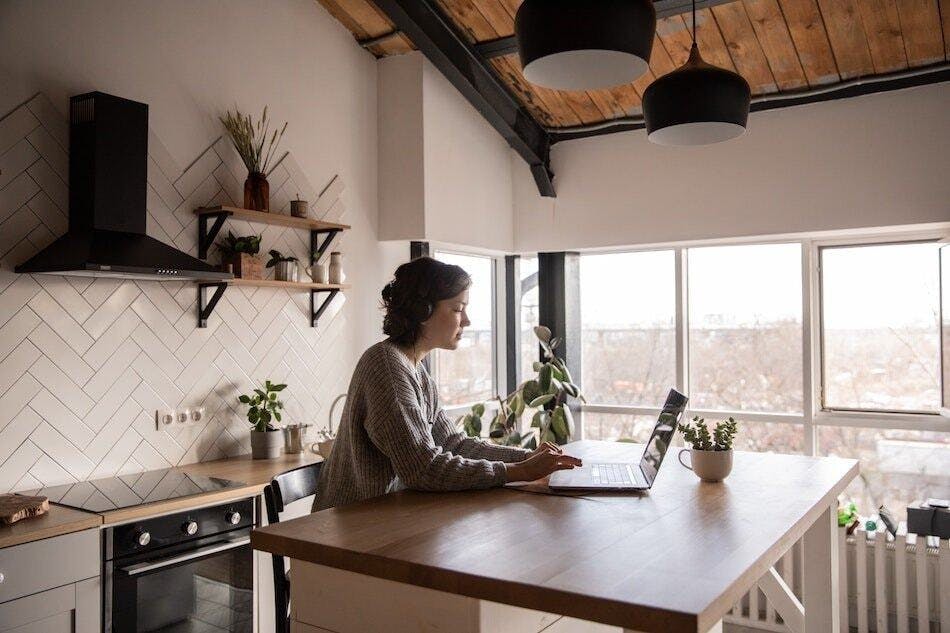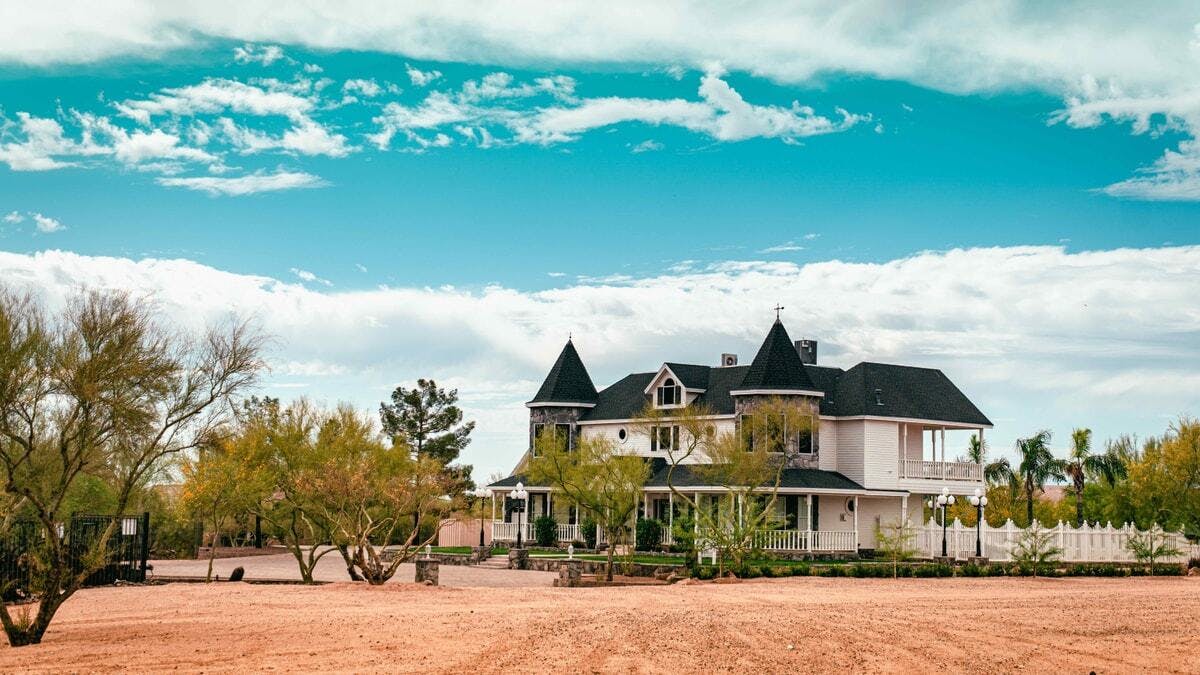How to Prepare Your Home for Extreme Heat
States in the Southern U.S., like Florida, Texas, and Arizona, experience extreme heat in the summer. These temperatures put stress on people’s bodies, homes and resources.
Many of the homes in these areas are built to beat the heat. But, as a real estate agentReal Estate License, you should understand the most common issues your clients may face each summer and how to prepare for them.
Common Issues for Homeowners in Hotter States
Heat can cause damage both the inside and outside of a home. New homeowners should be aware of ways their homes are vulnerable and how to fix them.
Heat Can Damage Your Foundation
Heat dries up and shrinks the soil around the foundation, pulling it away from the footing of the house. Keeping the soil around the home moist can protect its foundation.
You could either water around the home or cut down a few trees, which absorb a lot of moisture from the soil.
Dry Soil Can Hurt Your Plumbing
Soil shrinkage caused by extreme heat can also produce damage to plumbing leading out of a house.
Improperly sealed pipes may crack or burst from excess use of water during hot weather. And if there are large tree roots near your pipes, they may cause further damage to plumbing as they seek moisture. Encourage clients to have a plumber inspect their pipes for damage, getting any cracks sealed up, if they are concerned.
Extreme Heat Can Lead to Built-Up Moisture
If an attic space isn't properly ventilated, humidity could build up and damage the home's insulation. That moisture matched with extreme heat can also cause the shingles to expand and become brittle, taking years off the roof's life.
You can protect a roof by taking a few steps:
Install property ventilation in the attic
Use vapor barriers
Coat or seal the roof to protect its shingles
But the roof isn't the only thing at risk from extreme heat and humidity.
Improperly sealed or ill-fitting windows and doors can lead to moisture buildup within the walls. This can cause structural damage, mold, and mildew, which can be harmful to the health of the occupants. Checking these units to make sure they’re properly sealed can go a long way in keeping humidity out of the home.
How to Prepare for the Hot Summer Months
Addressing the most common ways extreme heat can affect a home is important for protecting your client’s major investment, but there are more ways in which people can make their homes a little cooler with a little effort.
Covering windows with curtains or shades, or installing window reflectors that deflect heat will help to keep interiors cooler. Weather-stripping doors and windows can also go a long way in keeping cool air in the house and hot air outside.
"A huge thing out here is A/C," says Elizabeth Colegrove, a real estate investor and landlord in California's Central Valley. "Many people don't get routine maintenance."
Your home will only stay as cool as your A/C. You should schedule maintenance early, before summer heats up. And even consider signing up for an annual maintenance plan with a local company.
"Many AC companies are so busy that, if you're not on their yearly maintenance programs they don't answer your call," Colegrove warns.
Attic spaces, which are typically the hottest part of a home, may benefit from an attic fan, although they’re not always recommendedSafety News Heat Humidity Damage Home Tips Weather.com because of the access it provides small animal pests and cold air to come in during winter months. Adding insulation to attic spaces and other parts of the house can help keep hot air out as well.
It’s predicted that extreme heat will become more frequent and dangerousProduction Files 2016 10 Documents Extreme Heat Guidebook.pdf Sites in the coming years. For those living in places that experience extreme heat, it’s helpful to communicate to your clients how to protect their home and themselves from these damaging temperatures.
Want to get your Real Estate License? Begin your Pre-Licensing Course today!

Real Estate Classes During COVID-19 Pandemic: Online vs In-Person
While in-person real estate schools are also reopening, online real estate courses let prospective agents take the required classes from anywhere.

How Agents Can Protect Their Vacant Listings this Summer
Summer heat can wreak havoc on vacant homes. Here’s what you need to know about protecting your listings and serving your sellers during the summer months.

Is a Career in Real Estate Right for You?
Jumping to a career in real estate is no small decision. We answer some questions you may have before you start your pre licence course.
Want to know more about being a real estate agent?
Ready to get going? Hit the ground running with everything you need to know to advance your career in real estate.
